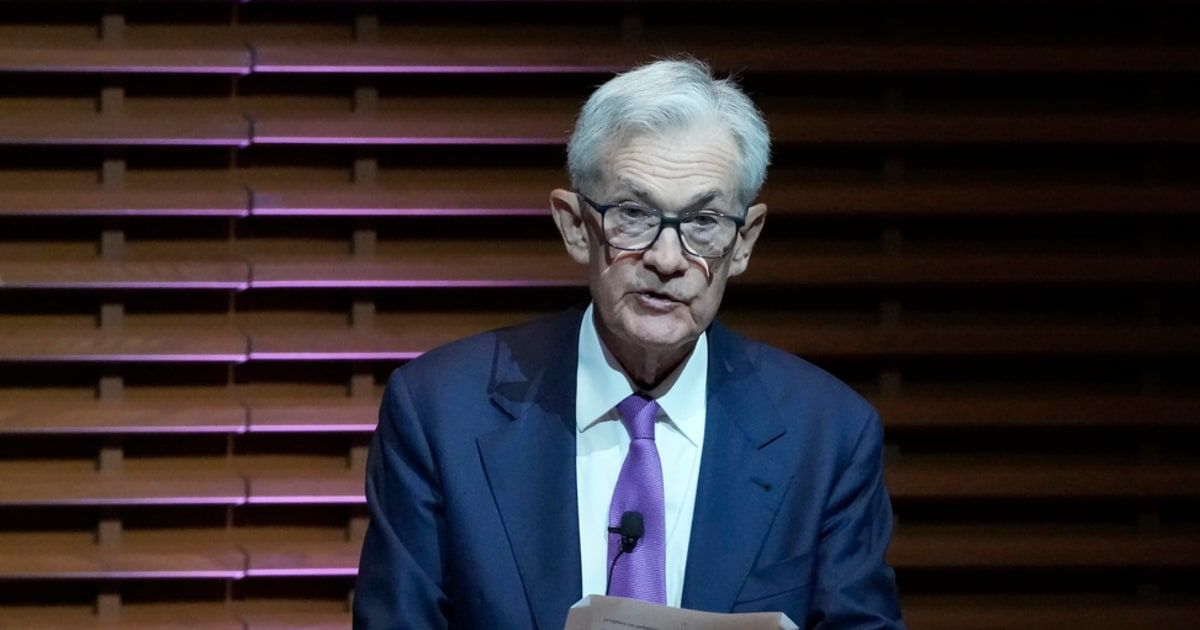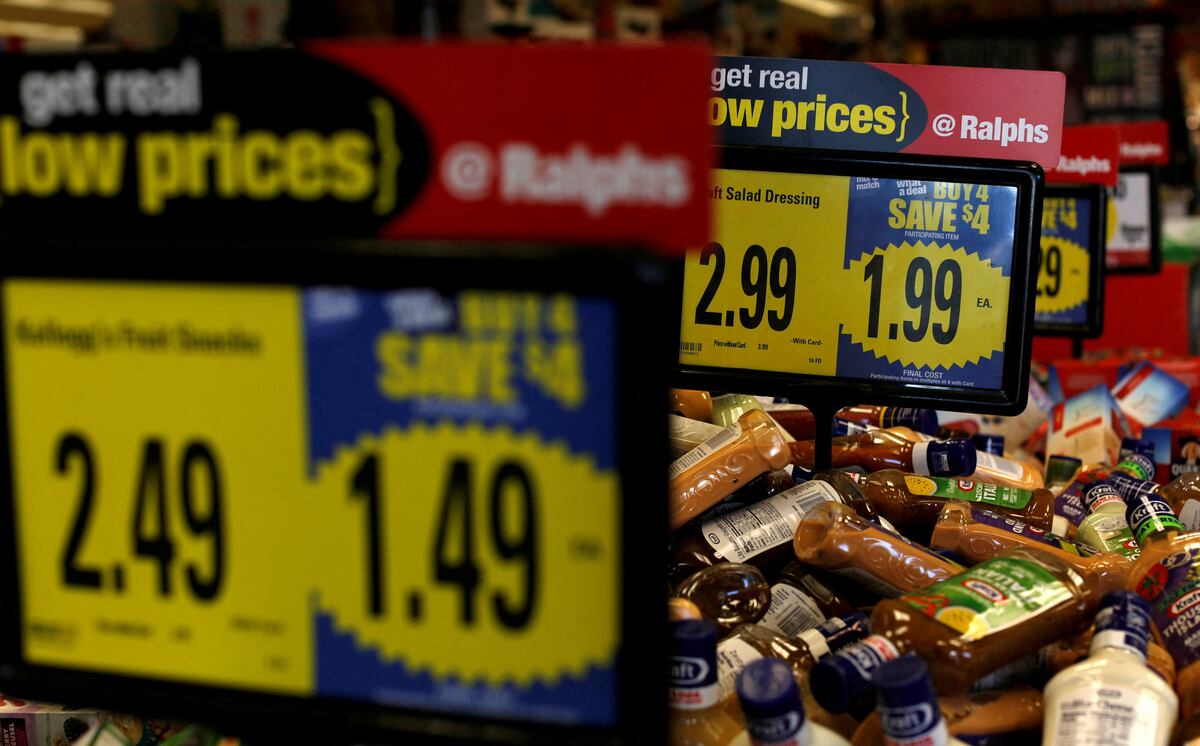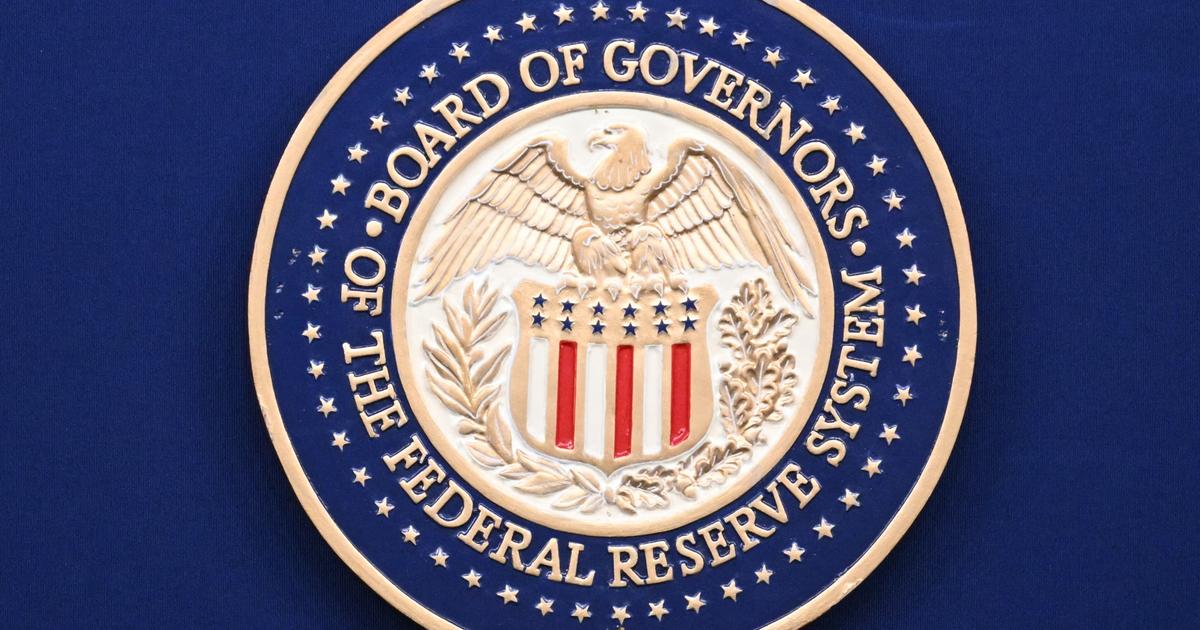The battle against inflation continues.
The US Federal Reserve is set to raise interest rates for the fifth consecutive time this year at the monetary policy meeting that begins on Tuesday and ends on Wednesday.
With this, it will leave them at the highest level since 2008, when the Great Recession began as a result of the financial crisis.
Since then, Americans have not known what official interest rates above 2.5% are.
Now they will be above 3%.
The central bank of the United States is trying to combat an inflation that has skyrocketed and threatens to entrench itself in the country's economy.
Most analysts and investors still expect the rise to be 0.75 points, to leave them in a band of 3% to 3.5%, but there are those who even fear that the rise will be one point, something that has not happened since early eighties of the last century, when the head of the Federal Reserve was Paul Volcker, who was inflexible to tame prices, uncontrolled by the oil crisis and a temporizing policy of his predecessor.
The current chairman of the Federal Reserve, Jerome Powell, was at the time a thirtysomething lawyer at Davis Polk & Wardwell, one of New York's star law firms.
Powell has always expressed his admiration for Volcker for doing what he believed was the right thing to do without caring too much about outside criticism.
He now it is his turn to emulate him.
Following the financial crisis, then Federal Reserve Chairman Ben Bernanke, and then his successor, Janet Yellen, kept interest rates between 0% and 0.25% for seven years before beginning some sort of normalization.
Jay
Powell ran into the pandemic two years after taking office and lowered rates back to near zero.
He kept them that way for a long time, even when inflationary pressures began to appear, which he then hoped would be transitory.
This year, however, it began to rise, first timidly (0.25 points in March), then more strongly (0.5 points in May) and then, twice, at a rate not seen since 1994 (0. 75 points in June and July).
It has not been enough.
August inflation fell less than expected.
In addition, the underlying, which eliminates food and gasoline, with more volatile prices, from the calculation, rose from 5.9% to 6.3%.
This is a sign that the pressure on prices is still alive in a country with record employment and an unemployment rate close to the minimum of the last half century.
Investors quickly read that the data implied more aggressive interest rate hikes and stocks and bonds fell sharply.
Anticipating increases in the official price of money, 30-year mortgage rates have already exceeded 6%, also for the first time since 2008.
"Inflation's surprising resilience means the Fed has more work to do than previously thought," economist Bob Schwartz of Oxford Economics says in a report.
“Before the release of the CPI, the general opinion was that the next meeting on September 20 and 21 would mean an increase in interest rates of 75 basis points [0.75 percentage points], the third consecutive one of that amount. , but some considered that a smaller increase of 50 basis points could be adopted, in deference to the slowdown in inflation observed in July.
Following the release of the CPI, that sentiment has been reversed.
Consensus still calls for a 75 basis point hike, but now a sizable chunk of market participants thinks the Fed could—and should—be bolder,
At the monetary policy symposium in Jackson Hole, Wyoming, Powell warned at the end of August that it will be necessary to cause "some pain" to families and companies to control inflation.
For now, the rate hikes have hardly caused any damage to the economy.
The unemployment rate continues to be very low and consumption has not suffered excessively.
Despite this, Powell has a very difficult soft landing, in part because he has reacted with some delay, but also in part because some of the factors that drive inflation (energy, food, raw materials, bottlenecks in the supply chain ) correspond to supply, are beyond its control and are less sensitive to a moderate slowdown in demand.
Economists believe the cumulative effect of interest rate hikes will kick in later this year and into early 2023, with a mild recession likely to cool demand and help contain prices.
In addition, the chairman of the Federal Reserve has also warned that the tightening of monetary policy may be long-lasting: “Unless the economic damage turns out to be more serious than expected or a financial crisis occurs, the Federal Reserve should maintain the rates at high levels for most of next year,” Schwarz concludes.
Subscribe to continue reading
read without limits
Keep reading
I'm already a subscriber


/cloudfront-eu-central-1.images.arcpublishing.com/prisa/JHLX47SHC5CTZBAKK7AZFYX7WY.jpg)




/cloudfront-eu-central-1.images.arcpublishing.com/prisa/O3URHWIQOUAJHPGYUFW2ZWAF2I.jpg)

/cloudfront-eu-central-1.images.arcpublishing.com/prisa/K63BQCT5FHKKXUWRSFYE4KBNFI.jpg)





